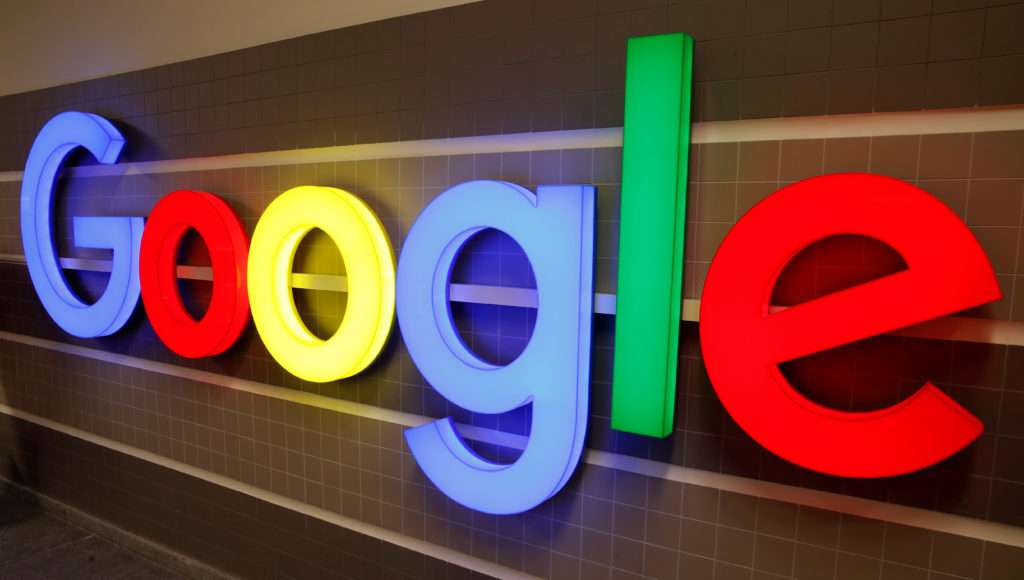
Google Fined €250 Million by French Watchdog
Google was fined €250 million by France’s watchdog for breaching promises to news publishers and using their content to train its AI model.
In the ongoing dispute between Google and France’s competition watchdog over copyright rights for news snippets, the internet giant was fined €250 million (about $270 million at today’s exchange rate) on Wednesday by the Autorité de la Concurrence.
They allegedly ignored several of its earlier promises to news publishers, according to the antitrust regulator. An additional noteworthy aspect of the choice is its reliance on Google’s utilization of news publisher information to train its generative AI model, Bard/Gemini.
They were found guilty by the competition authority for not informing news publishers about this GenAI usage of their copyrighted material. This follows Google’s previous pledges to hold equitable compensation discussions with publishers over content repurposing.
Issues with copyright and unfair competition
The European Union (EU) expanded copyright protections to news headlines and excerpts in 2019 through pan-EU digital copyright legislation. Aggregators of news stories, including Google News, Discover, and the “Top Stories” section of search engine results pages, used to scrape and display this content on their platforms for free.
At first, Google News was disabled in France in an effort to sidestep the rule. A swift intervention was made by the competition authority, which deemed the company’s unilateral conduct to be an abuse of its dominant market position, endangering publishers. They were compelled to reach agreements with regional publishers about the reuse of their content as a result of the action. Google, on the other hand, was fined $592 million in 2021 by the competition authorities for serious violations in its dealings with regional publishers and advertising firms.
The tech behemoth said it would appeal the punishment, which it deemed extremely harsh. However, it later tried to resolve the conflict by dropping its appeal and making a number of promises. Fair negotiations and the provision of critical information to publishers are among the promises that the French Autorité has accepted.
Under its agreement with the Autorité, they have inked copyright agreements with a large number of French publishers. Accordingly, it faces stringent regulations in this sector.
No review
In return for expedited processing and payment, Google has decided not to challenge the Autorité’s most recent findings.
But in a long blog post stating that “the fine is not proportionate to issues raised” by the authority, its managing director for news and publishing partnerships, Sulina Connal, came out as irritated.
This blog post gives the impression that Google is ready to put the scandal behind them once and for all. Connal adds: “We’ve settled because it’s time to move on and, as our many agreements with publishers show, we want to focus on the larger goal of sustainable approaches to connecting people with quality content and on working constructively with French publishers.”
A new picture emerges in Google’s calculations on the content reuse issue, thanks to generative AI and the competitive rush to release tools.
Frame-based GenAI training
The French antitrust regulator cracked down on Google today for using news agency and publisher content to train its artificial intelligence foundation model and its companion chatbot service, Bard (now named Gemini).
The investigation revealed that Google had trained its generative AI tool Bard—which was released in July 2023—using content from publications and press agencies “without notifying the copyright holders or the Authority,” as stated in Google’s press release.
Google has a two-pronged defense on this point. “The competition authority does not challenge the way web content is used to improve newer products like generative AI, which is already addressed in Article 4 of the EUCD” (EU Copyright Directive), according to the blog post.
Regarding “reproductions and extractions of lawfully accessible works and other subject matter for the purposes of text and data mining,” the Copyright Directive lays forth an “exception or limitation for text and data mining” in Article 4.
But the Autorité claims in its news release that the question of whether the exemption applies in this case has not yet been resolved. (It should be noted that the applicable provision pertains to “lawfully accessible works,” notwithstanding Google’s ostensibly failed obligation to inform copyright holders of the uses of their protected works, which is a legally enforceable pledge to the competition authority.)
“This question has not been answered just yet,” the competition authority noted, regarding the use of news content to train an AI service and whether it falls within neighboring rights and protection. Google has failed to notify publishers that their content has been used to train Bard, according to the Autorité, which considers this a breach of promise #1.
The EU AI Act is also briefly mentioned in Google’s blog post, implying that it could be relevant. But until the European Council gives its final approval, the law cannot be enforced.
Developers will also be required to follow the bloc’s copyright regulations, according to the new AI legislation. In order to achieve this objective, it establishes transparency criteria, such as mandating that they adhere to EU copyright laws and making public a “sufficiently detailed summary” of the data used to train general-purpose AI models (like Gemini/Bard).the
Model makers will soon be required to publish a summary of the training data. This might eventually make it easier for news publishers to get appropriate compensation under EU copyright law for copyrighted content that has been used in GenAI training.
There is no technical way to decline.
A technical solution that would enable publishers and press agencies to opt out of having their content used to train Bard without having this decision impact the presentation of their content on other Google services has not been provided by Google, according to the Autorité, until at least September 28, 2023.
Up until now, news agencies and publishers who wished to avoid this use case had to include an instruction that prevented Google from indexing any content, regardless of whether it was for Search, Discover, or Google News. “In the future, the Autorité will carefully look at the effectiveness of Google’s opt-out processes,” it stated, adding, “Those services are specifically part of the negotiation for revenue related to neighboring rights.”
To get technical, news publishers have the option to prevent their material from being used to train Google’s AI model from July to September 2023 by adding a “noindex” tag to the robots.txt file. Web servers typically store this robots.txt file in the root folder. It includes a variety of search engine instructions. In order to index webpages, Google’s web crawler reads these files and follows the instructions.
However, if you use a “noindex” tag, they will completely ignore your page. Google differentiated the “noindex” rule from the “Google-Extended” rule and provided additional granularity to it in September 2023. Web publishers who choose not to participate in the Google-Extended training are essentially telling Gemini that they aren’t interested in contributing to the development of their models.
Various other problems
Google is facing sanctions from the Autorité for a number of other violations pertaining to its negotiations with French news publishers. The authority found that Google did not provide the publishers with all the necessary information to ensure fair compensation for their content.
The company claimed in its news release that Google has been “particularly opaque” when it came to explaining its payment mechanism to publications.
The report also concluded that Google did not adhere to anti-discrimination standards that should have guaranteed equitable treatment for publications. According to the Autorité, Google’s choice to set a “minimum threshold” for remuneration (the amount below which the company will not pay publishers) is discriminatory “in its very principle” and deserves criticism. In addition, the press statement mentioned that publishers are “arbitrarily allocated zero remuneration, regardless of their respective situation,” when the number of publications falls below a specific threshold.
The Autorité also claimed that Google’s “package” did not conform to prior rulings or the Court of Justice’s appeal judgment from October 2020 when it came to so-called “indirect income” estimates.
They were also accused of not fulfilling its promise to revise compensation contracts accordingly.





